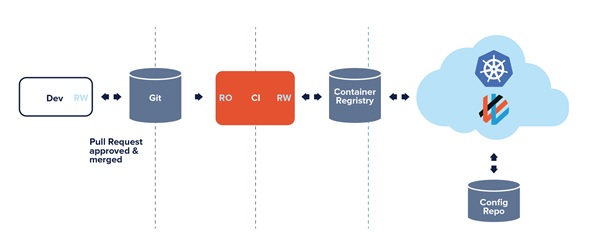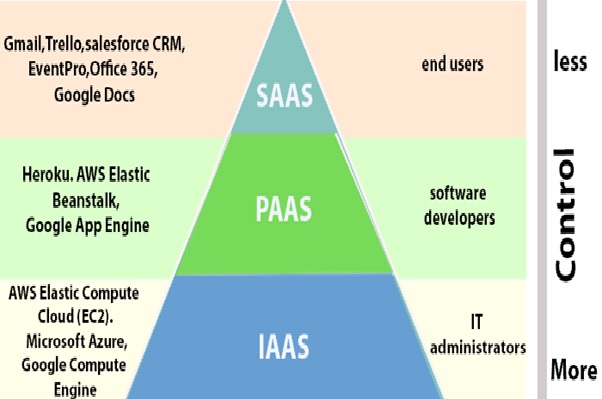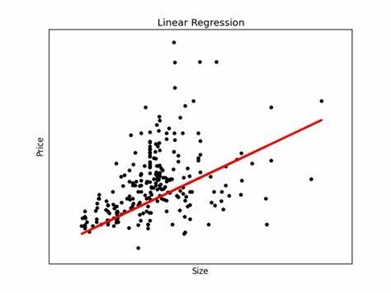Progressive Web Application Development Services
PWA is a website with all the benefits of an app. PWAs give you a faster, more reliable, and more engaging version of your website or eCommerce store. PWAs can do most things that native apps can do, such as operate offline, [1] access your camera and microphone, if necessary, GPS, and more. Imagine a user browsing your online store with instant page loading speeds whilst flying at 35,000ft or using the subway and knowing once they get back online their order will be processed automatically. Figure 1 shows the Progressive Web Application.
PWA technology packs an array of new powerful features, allowing for significant web experience improvements. [2] Take a look at a few examples of how PWA can benefit you, both as a store owner, as well as a user:
As a website or eCommerce store owner:
- Increased conversion rates
- Increased user time on your site
- Improved user experience
- Increased organic search traffic
- PWAs are usually more affordable to create and maintain than native apps
- Your most loyal customers can save your app on their home screen
- All of the above results in overall higher levels of performance and customer engagement, which leads to increased revenue
As a user:
- PWAs are faster, loading in an instant
- You can browse the website while being offline
- Better, smoother experience
- PWAs use less data
- One-click access (save as an icon on your phone home screen)

Figure 1. Progressive Web Application
Feature of PWA
- Instant Loading Time
- Offline Browsing
- Push Notifications
- Ready For App & Play Stores
- Lightweight
- Home-Screen Save
- Platform Agnosticism
- No Updates Required
- Linkability & Indexing
For native apps, your product likely has an iOS version, an Andriod version, and a web version. So you need more developers and more time to build these apps. You also need more time to fix bugs and add features because you're working on multiple codebases.
With a progressive web app, you have one, "master" app that works on mobile devices, tablets, and websites. And because there's only one codebase, [3] fixing bugs and adding new features takes less time.
A PWA in essence is a regular web app but with some extra potential. The term progressive web apps were coined by Google Chrome engineer, Alex Russell. Due to its additional functionality than a regular web app, it delivers an excellent user experience. A PWA is a high-end blend of web and app experience that provides the best experience of both desktop and mobile platforms. This attribute of this web app has led to a huge demand for progressive web app development.
Like a native app, users can install PWAs on their devices and launch them on their devices. You need similar front-end and back-end technologies for PWA as with a web app like HTML, CSS, JavaScript, etc.
PWAs are lightweight because they take very little space that goes up to a few KBs compared to their native counterparts. You cannot install a web app but access it through a web browser. After installing a PWA, users can easily access it from the home screen or app drawer where the app icon will appear just like native apps. Also, one can share a PWA via a link to allow others to install the app. So, it reduces the steps to install the app.
References:
- https://scandiweb.com/blog/learn-all-about-progressive-web-apps/
- https://devetry.com/blog/are-progressive-web-apps-the-future/
- https://www.csschopper.com/blog/web-app-vs-progressive-web-app/
Cite this article:
Vinotha D (2021), Progressive Web Application Development Services, AnaTechMaz, pp. 11















